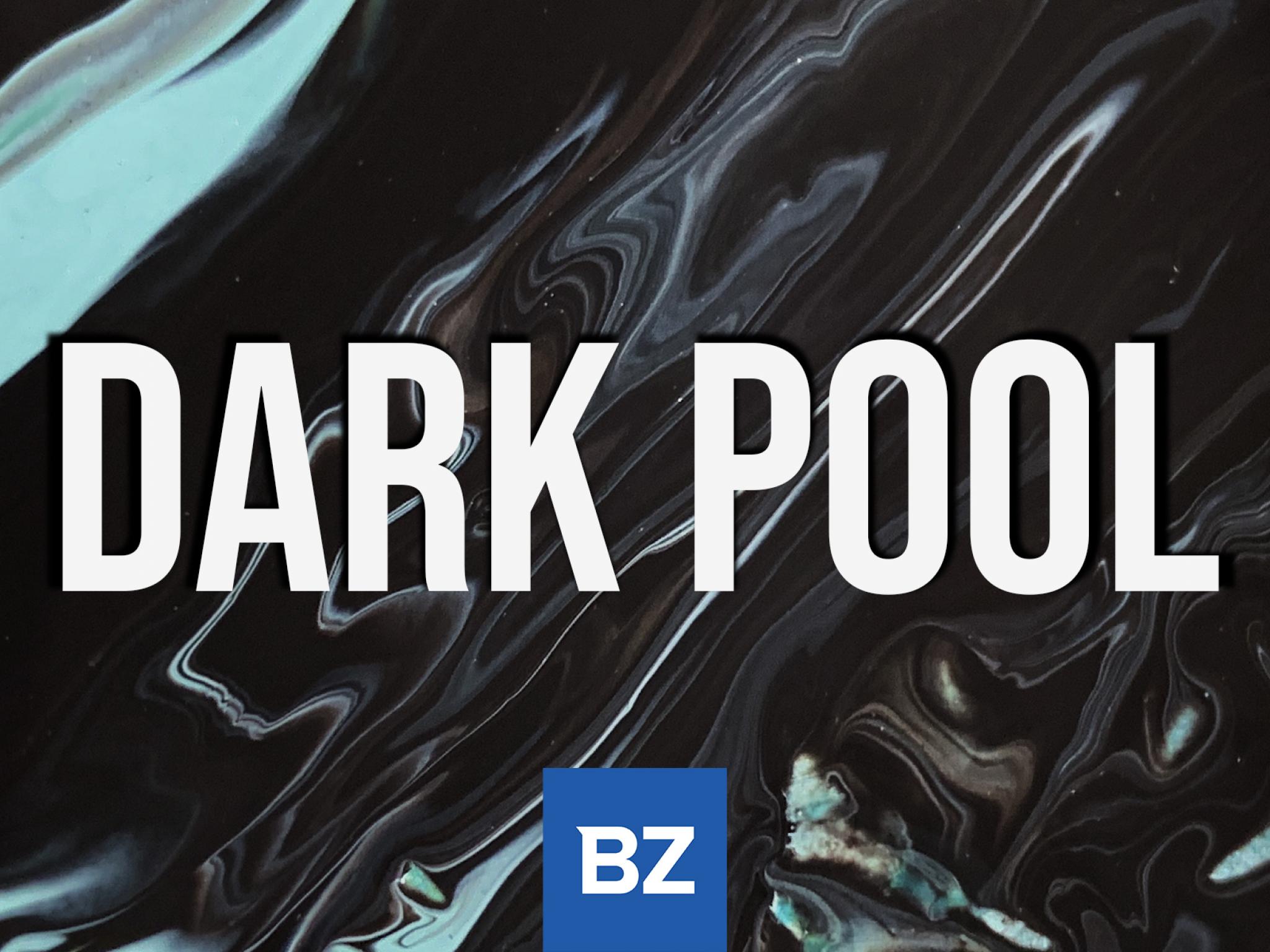
At 9:12 a.m. Tuesday, Money Flow Mel (@MelStone31) posted an image to Twitter indicating institutions traded large blocks of Pershing Square Tontine Holdings, Ltd (NYSE:PSTH) over a dark pool exchange.
The trades are interesting because on Monday the special purpose acquisition company announced it failed to find an acquisition target that met its criteria and would be returning $4 billion of capital in trust to shareholders.
The Trades: At 7:45:55 a.m. an institution traded 200,000 shares of Pershing Square at $20.08. The trade amounts to a $4.01-million bet on the company.
At 7:50:59 a.m., another large block of 250,000 was completed at $20.08, amounting to a $5.02-million bet. The trades were followed by dark blocks of 500,000 shares at 7:51:55 ($10.04 million worth), 250,000 shares at 7:58:58 ($5.02 million) and 514,449 shares at 8:03:18 ($10.33 million), all of which were completed at a price of $20.08.
It total, the dark pool blocks amount to $34.42 million in shares.
Over 31 million shares of the British investment trust had exchanged hands at the time of writing Tuesday compared to the 10-day average of 1.59 million shares.
What Are Dark Pools? Dark pools (or black pools), named for the lack of transparency, are private, alternative trading systems that allow institutional traders to buy and sell large amounts of stock anonymously and therefore without affecting movements in the market.
These exchanges were developed in the 1980s and as of February 2022, 64 dark pools were registered with the Securities and Exchange Commission.
The Controversy: The existence of dark pools hit the public psyche in early 2021, when GameStop Corporation (NYSE:GME) and AMC Entertainment Holdings, Inc (NYSE:AMC) skyrocketed 1,041% and 624%, respectively, over the course of four days.
In January and February of that year, institutional ownership of GameStop shares was reported to be over 100% of the float, indicating more shares were being lent out than what was available. Naked shorting, which takes place primarily over dark pools, was blamed for the discrepancy, casting the existence of alternative exchanges into the spotlight.
See Also: Why Digital World Acquisition (DWAC) Stock Is Ripping Higher Today
Dark Pools And Retail Traders: Direct dark pool trading is reserved for institutional traders and investors, but after the meme stock saga, retail traders became more aware of how to use data from the dark exchanges to guide their strategies. This resulted in a number of apps emerging to provide dark pool feeds.
Approximately 40% of all executed trades take place on dark pools, and when large blocks of individual stocks are bought or sold over these exchanges, retail traders can use the information to understand what “smart money” is doing. The difficulty with dark pool data, however, is that due to its inherent confidentiality, the trades give no indication as to whether an institution is buying or selling the stock.
For this reason, retail traders can watch dark pool data for above average trading volumes on an individual stock and cross reference that information with option flow. If there is above average dark pool prints on a stock, paired with a high level of calls being purchased on the open market, it’s a good indication that institutions are buying over ATSs. Conversely, if large dark pool prints are followed by a large amount of open market put buying on the same stock, it can be assumed institutions are selling over ATSs.
See Also: Beginner's Guide to SPACS







